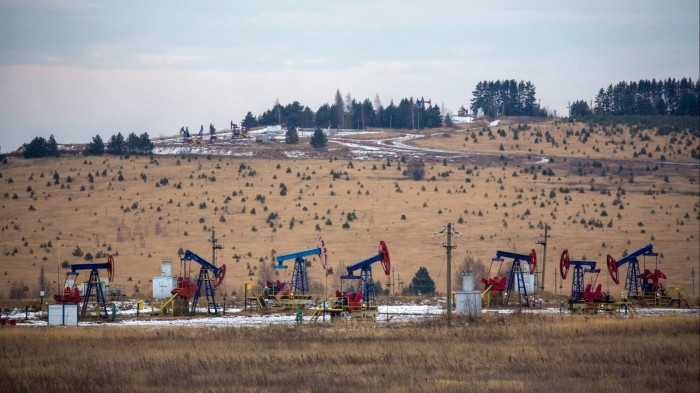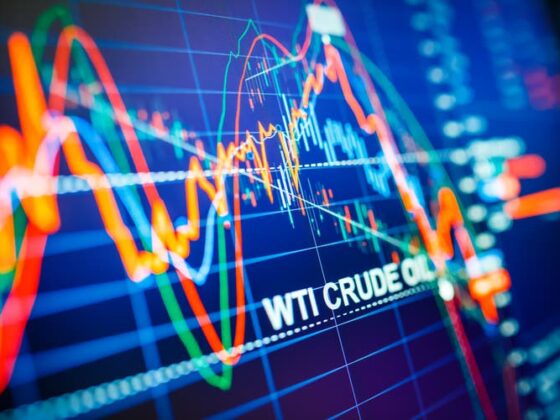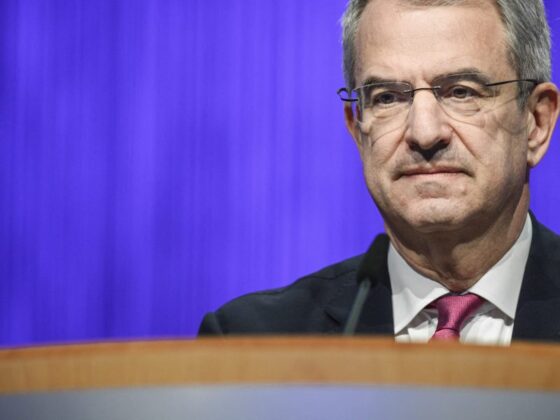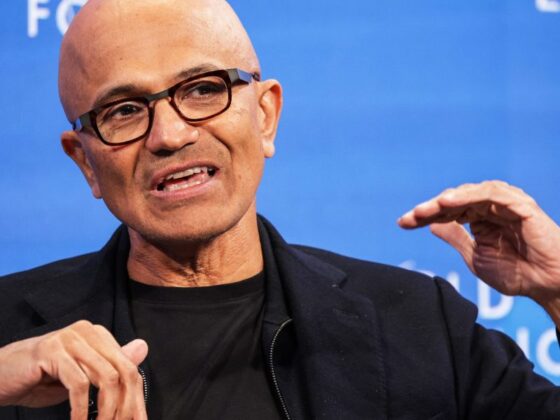Stay informed with free updates
Simply sign up to the Russian business & finance myFT Digest — delivered directly to your inbox.
Russia’s economy has proven surprisingly resilient to the barrage of Western sanctions unleashed since its invasion of Ukraine, and the cost of fighting that war. Why, and can it last?
To find out, the FT’s economics editor Sam Fleming has had a chat with Elina Ribakova. You can hear the conversation over at the Economics Show podcast.
Ribakova — a non-resident senior fellow at the Peterson Institute for International Economics, vice-president for foreign policy at the Kyiv School of Economics, and a non-resident fellow at Bruegel — says we shouldn’t have been so surprised that the Russian economy weathered the fallout with seeming aplomb:
When we’re trying to impose sanctions, we’re trying to find sanctions that are not too costly to our economists but disproportionately very costly to the other side. The problem here is that Russia dominates energy markets, oil and gas, and some other products, and therefore, we were a bit too timid imposing the sanctions.
That created an issue where Russia benefited disproportionately from high commodity prices, and from continuing to make a lot of money by exporting oil and gas. This money they took then [was] invested into their domestic economy, particularly the wartime economy.
As a result, “Russia is now a gas station that is producing tanks”. And with high gas revenues, the country can more than make up for the fact that sanctions have frozen its overseas foreign currency reserves:
If you look at Russia’s current account surplus in 2022, meaning exports over imports, Russia made more than $230bn in just one year. So they made up what they lost from these frozen assets in just one year, and of course, they could use that to invest into war production.
However, there are mounting signs that the Russian economy’s resilience is now faltering.
The central bank has started to cut interest rates aggressively this summer — admittedly from 21 per cent to a still high 18 per cent — despite elevated inflation. The IMF forecasts that economic growth will slow from over 4 per cent in 2023 and 2024 to under 1 per cent this year. Even Russia’s crops have been souring, with 2025’s harvest looking like it might be the worst in over 17 years.
Ribakova notes that the risk of a recession is now being openly discussed even by high-ranking Russian officials, and argues that the longer-term outlook is grim:
. . . This is a serious enough slowdown that we’ve already been noticing it for the last six months. I think it’s became very public, especially after the St Petersburg economic forum, firstly for political reasons. But I think that slowdown was long coming.
And the issue here is that Russian economy has hit supply-side constraints. You know, you can produce only so many tanks. But at some point, you run out of the productive capacity, don’t have enough people, you don’t have enough investment or capital stock. And instead of just producing more tanks, they’ve become more expensive, but there are no more tanks, right?
And this is what started happening already last year, and that’s why we saw such an important pick-up in inflation. We saw unemployment drop to 2 per cent, which for an emerging market the size of Russia with structural issues is just completely unrealistic number. And that’s why the central bank started to sort of sound the alarm.
You can listen to Sam’s full interview with Ribakova here, and you can find a transcript of the conversation here. Feel free to mosey back here afterwards to offer your thoughts in the FTAV comment box.













